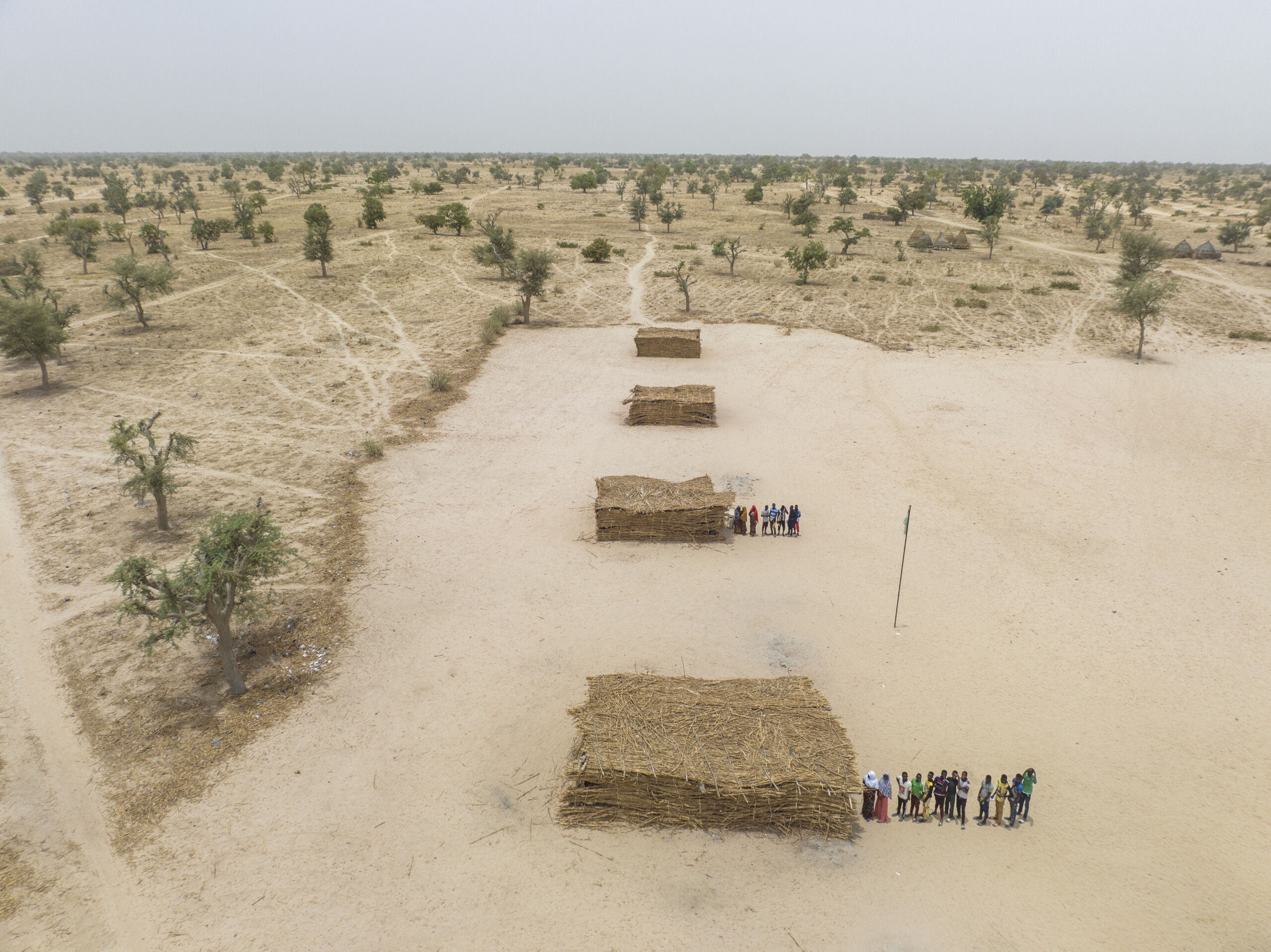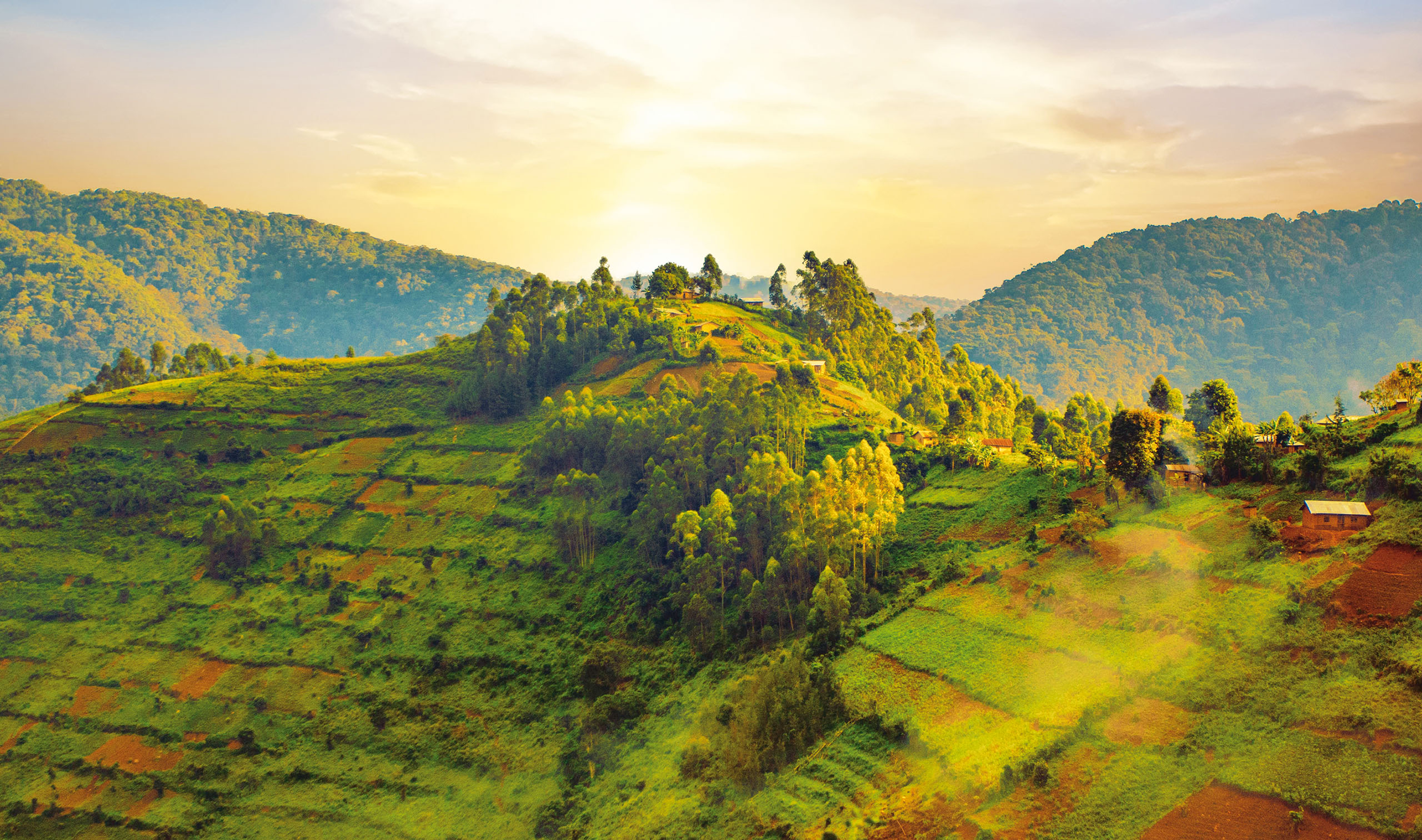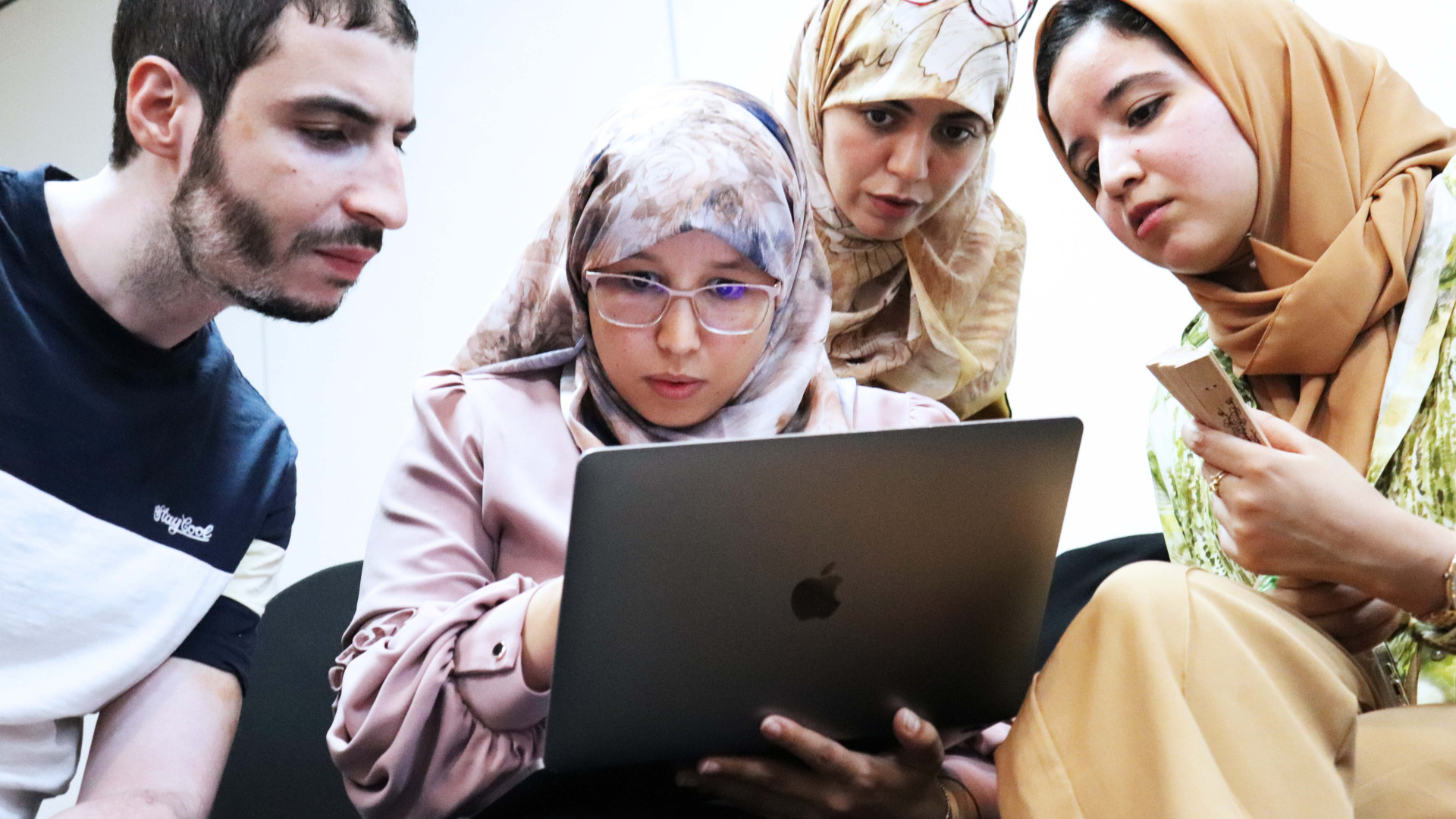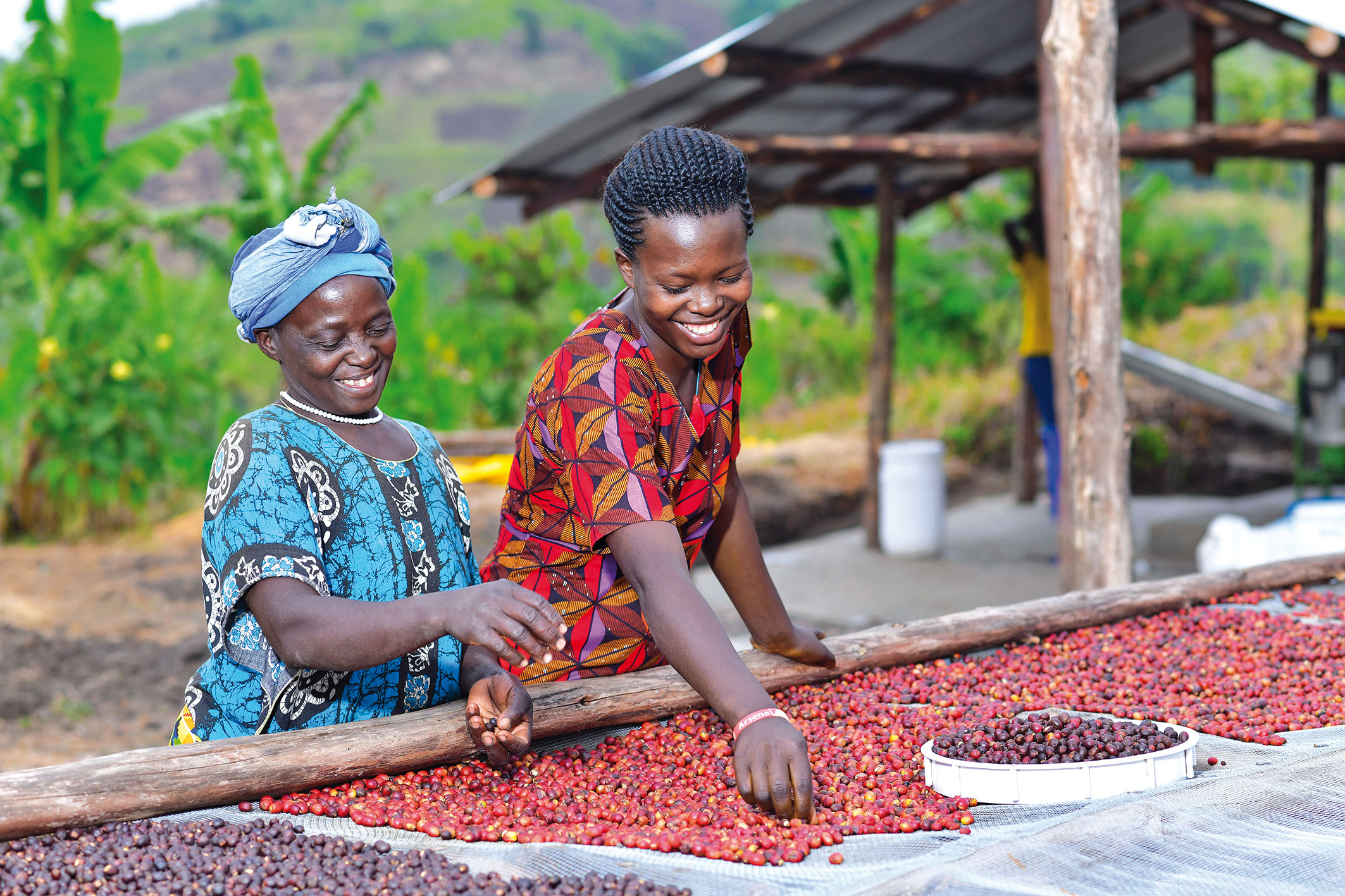Water access and management: A path to decrease inequalities and to adapt to climate change
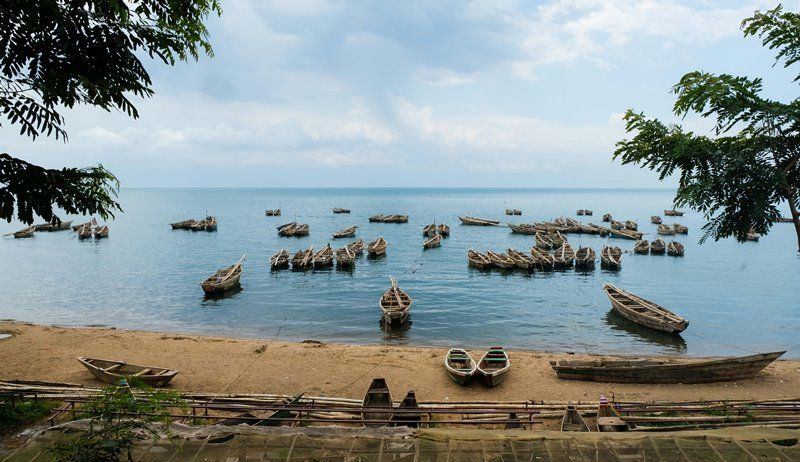
Water security is key for socioeconomic, inclusive and sustainable growth, as well as for generating benefits for the environment, and contributing to geopolitical stability.
Globally, in 2018, 2.3 billion people lived in water-stressed countries and lacked access to safe water and sanitation. By 2050, this number is expected to exceed 5 billion. Water scarcity remains a major concern for many nations, particularly in Africa. Climate change is one of the factors likely to exacerbate global water stress, leading to disruptions in water cycle, changes in rainfall patterns and agricultural seasons – with cascading effects on access to clean water, livelihood, food security and people’s health. Investing in water is therefore crucial for nations’ socioeconomic development as well as a powerful means to reduce inequalities.
Working together to make a difference
During the UN 2023 Water Conference in New York, Enabel participated in a debate on “Collaborative innovation: the key towards a water smart society” (a side-event organised at the initiative of VITO at the Permanent Mission of Belgium in New-York) and was particularly proud to be part of the launch of the Team Europe Initiative on Transboundary Water Management in Africa.
The Team Europe Initiative on Transboundary Water Management in Africa will enhance cooperation on water-related issues and harness the potential of water for domestic consumption, agriculture, fishing, goods transportation, biodiversity and more. The European Team Initiative will make water the vehicle for peace and prosperity.
“Our joint vision is one of solidarity, peace, prosperity and sustainable development. […] and water plays a central role in this vision,” declared EU Commissioner Jutta Urpilainen in New York.
Enabel’s participation in the conference was the occasion to present our experience with the EU-funded LATAWAMA project focusing on Lake Tanganyika: a unique ecosystem representing 17% of the earth surface freshwater and shared between Tanzania, Burundi, DR Congo, Rwanda and Zambia. Population growth, overfishing, deforestation, agriculture and urbanisation are putting immense pressure on the lake, which constitutes a source of socioeconomic development for the region.
Implemented by Enabel, the project aims to support pilot initiatives on solid and liquid waste management in 5 cities along the lake and water data collection with the view of enhancing transboundary collaboration.
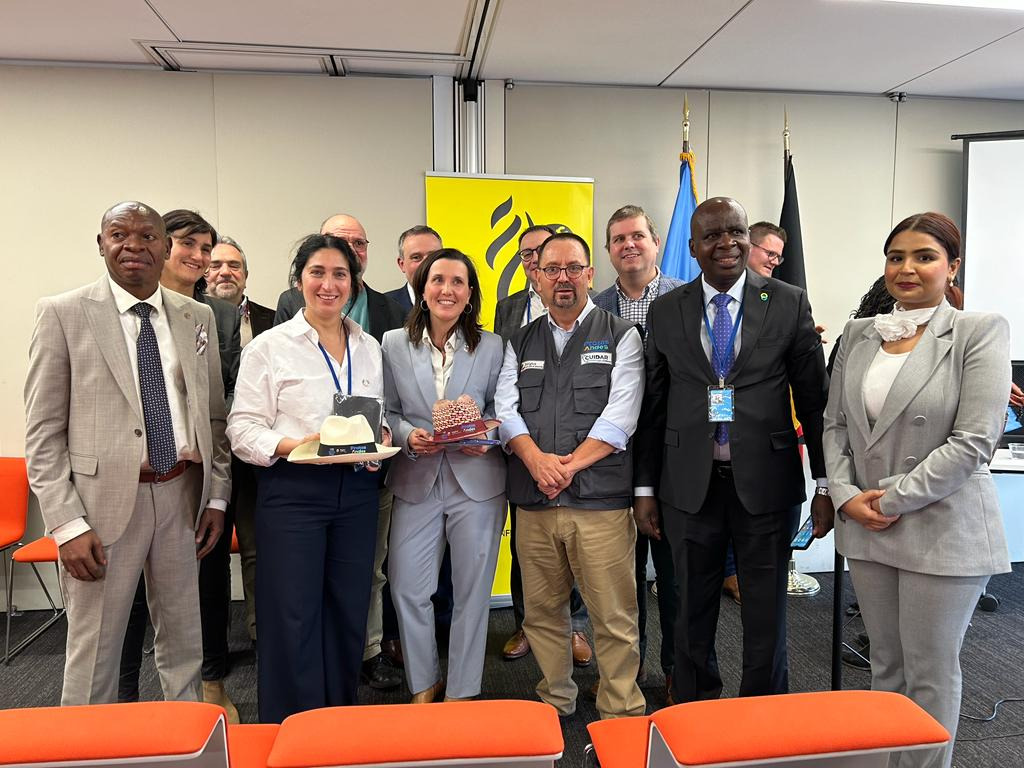
From efficient water management to climate change resilience
Managing, protecting and restoring water and ecosystems is a prerequisite to mitigate and adapt to climate change. It is crucial to promote resource use efficiency and reuse in the water context, at all levels, including transboundary, across the value chain and in all relevant sectors, with support through research and innovation as well as efficient cross-sectoral governance.
Nature-based solutions (NbS), the Water-Energy-Food-Ecosystem (WEFE) nexus and Integrated Water Resources Management (IWRM) are among the promising paths for a holistic management across the entire water cycle.
In line with the above events and to make the UN recommendations a reality, on 25 and 26 April 2023 Enabel is organising a conference entitled “Is climate change adaptation all about water?”. For two days, experts and practitioners from the water sector and other sectors (such as energy, agriculture, environment, health, education…) will discuss and collaborate on concrete ways to protect and manage water resources to the benefit of communities worldwide.
